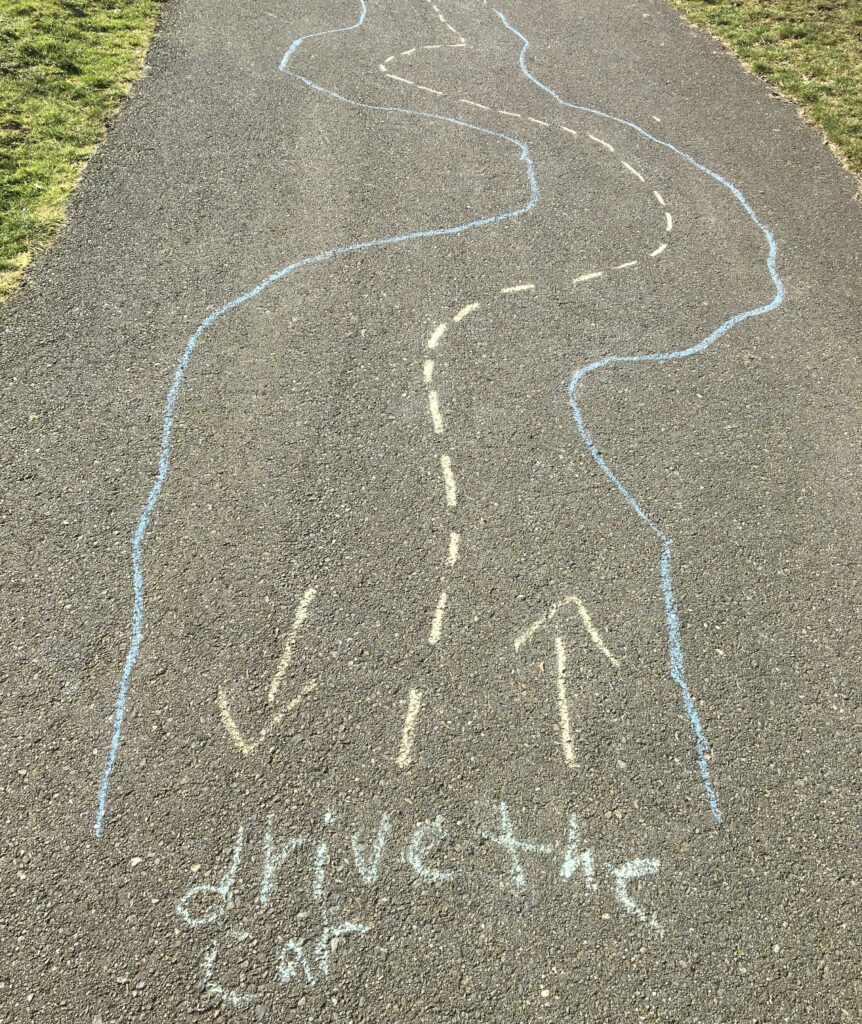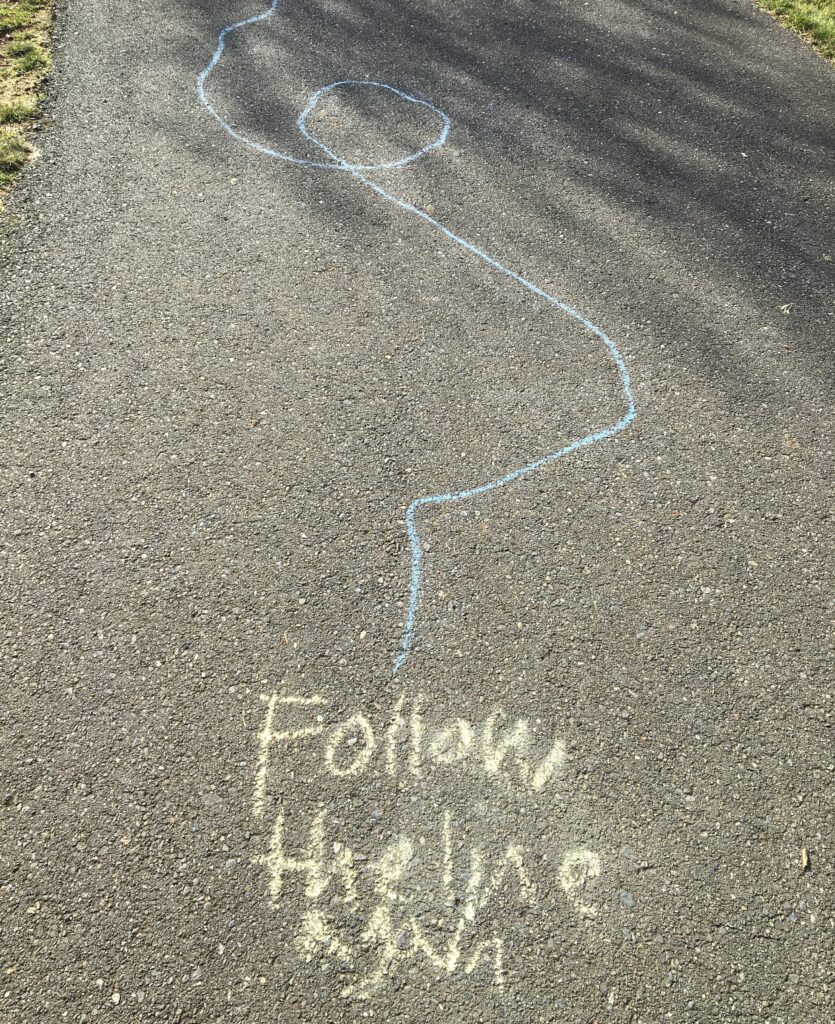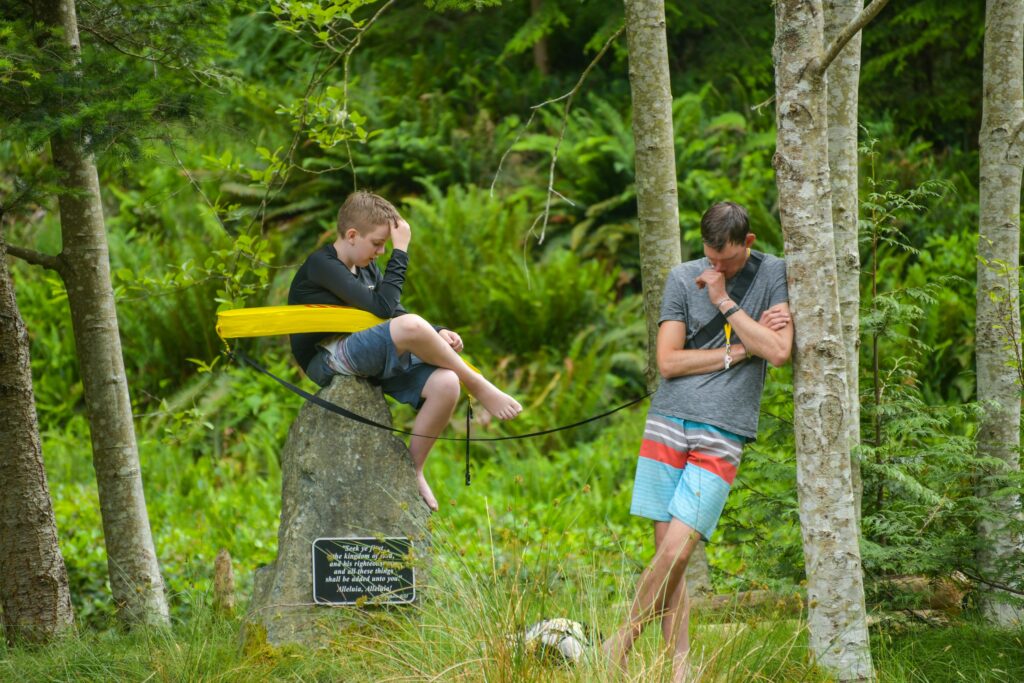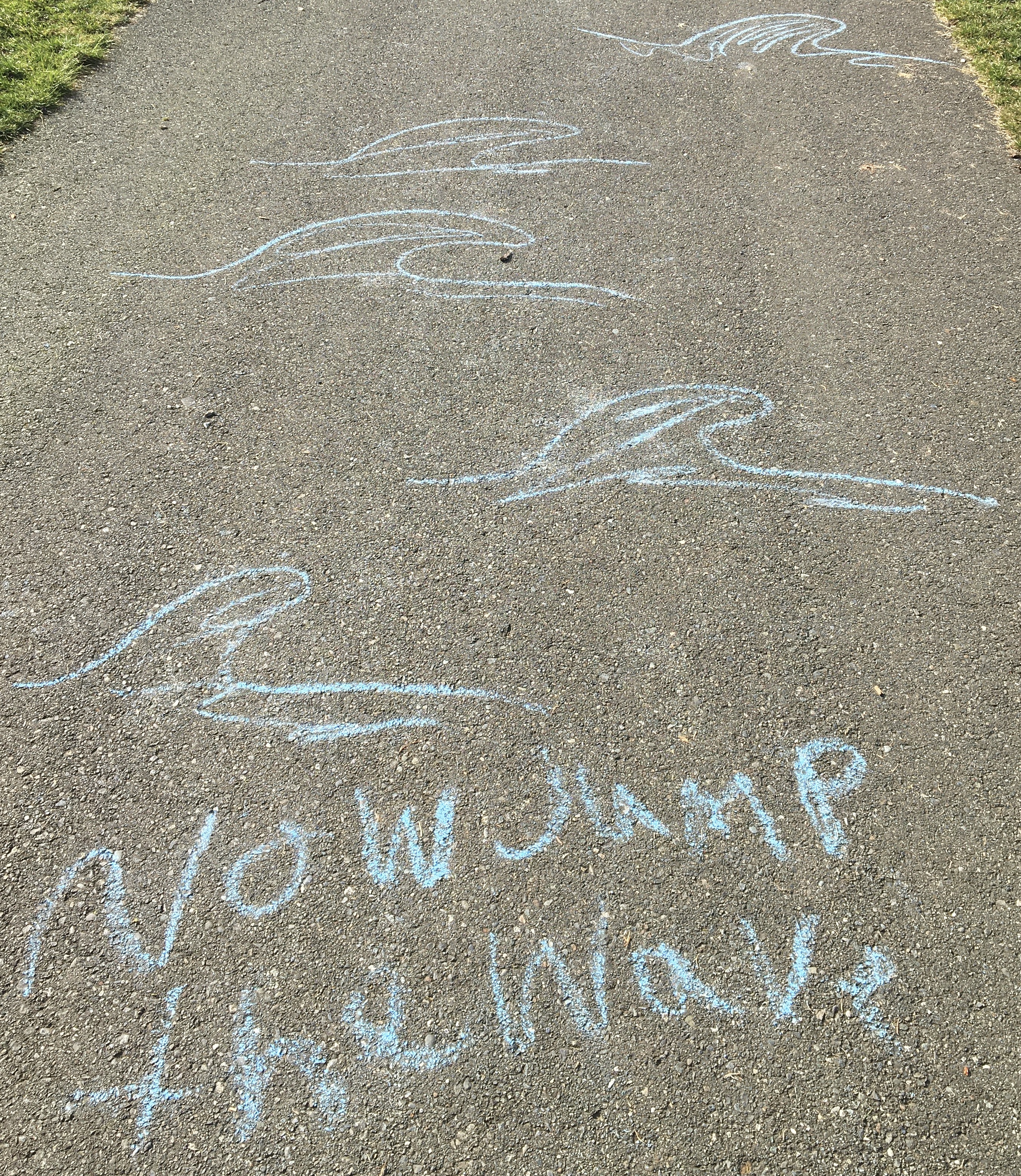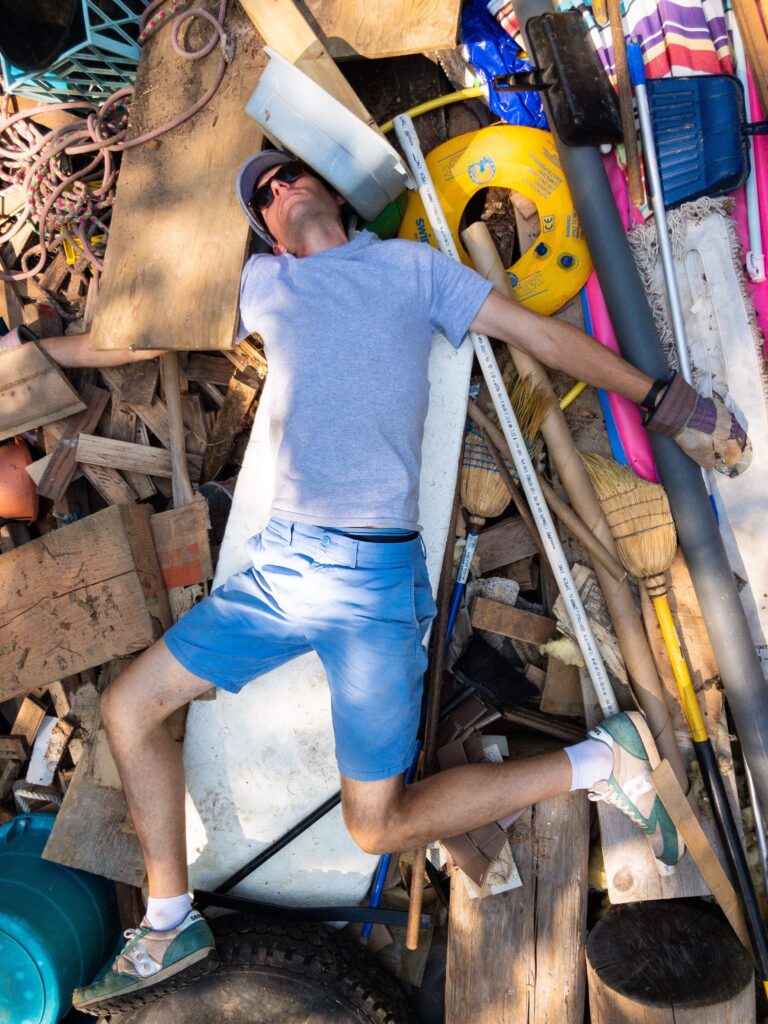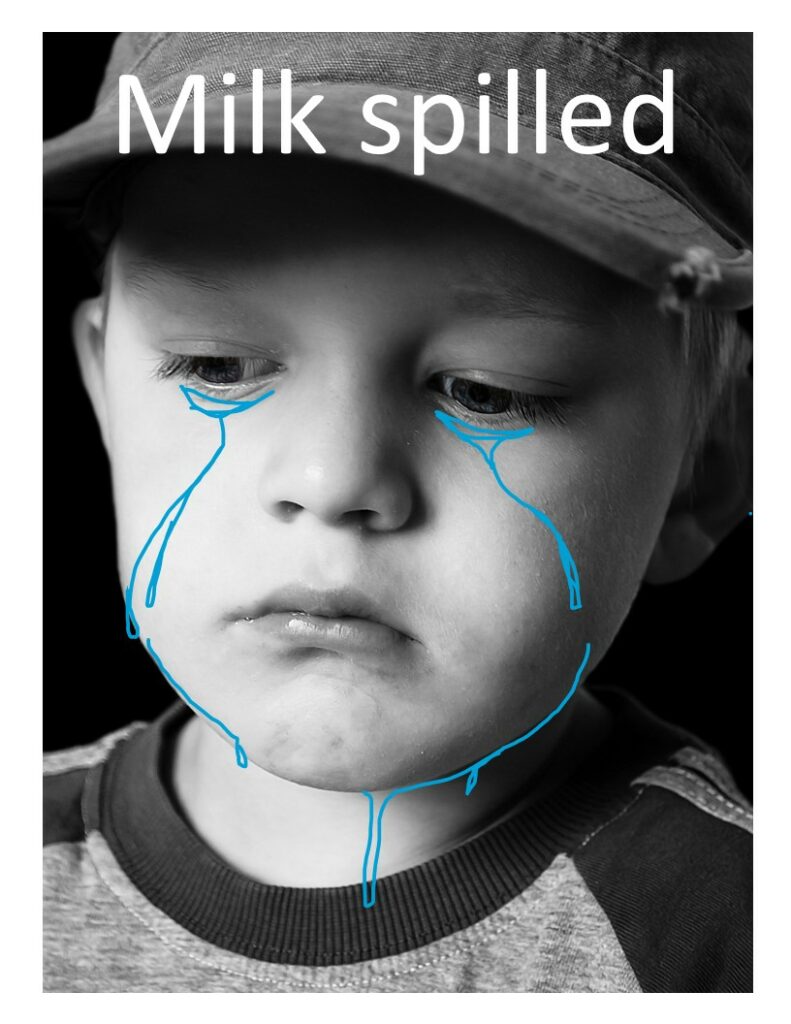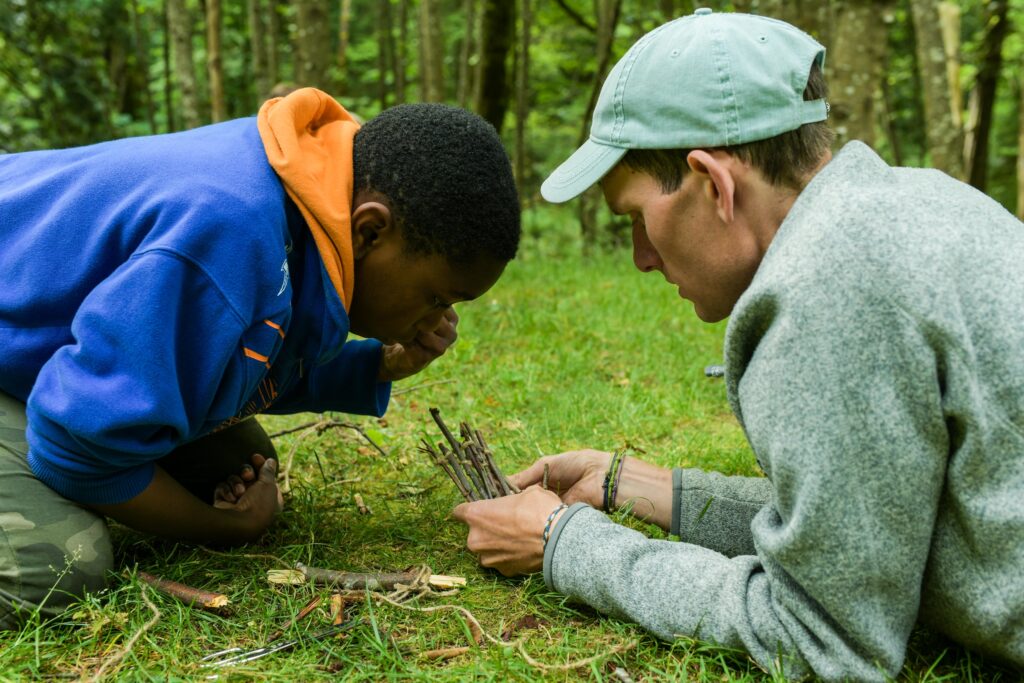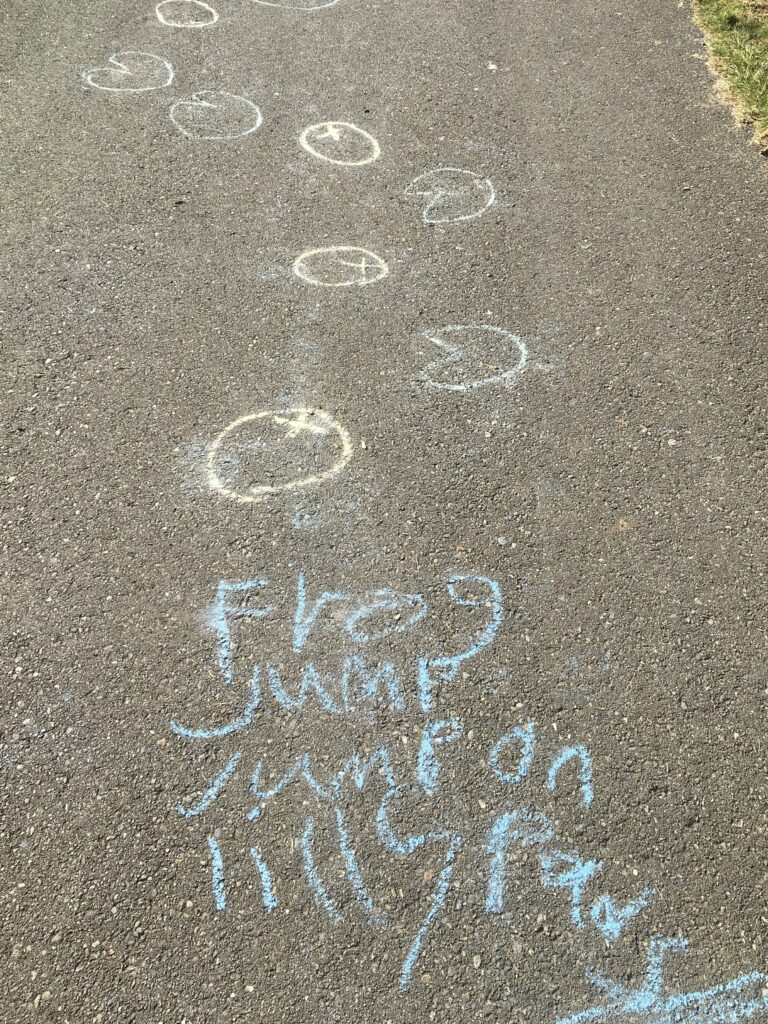On the day of this class I took bullet-point notes on it for help when later writing my reflection. Unfortunately, more urgent assignments took up my next few days, and now that I’m finally writing this, more than a week later, I cannot locate said notes. Darn.
But I can reflect on what I remember. Tracy and Kaori spoke, but really mostly Tracy. There is no ad hominem here, but just in terms of sitting-through-a-lecture experience, this was really quite bad. Again, nothing against Tracy as a person, and this may really not have been her day, but it required voluntary effort from me to try to follow what she was saying and look around for something interesting in it. There was zero in how she was saying what she was saying to draw one in at all.
She did say a few somewhat interesting things though. Personal anecdotes are always interesting because they’re stories, and, being human, I like stories. Now I can’t say I remember any of these particular stories (I don’t); I just remember that they stood out over the rest of the content.
Well, the rest of the content with one exception. At one point, rather early on, she referred (unfavourably, of course) to colonialism, and followed up with the statement, “…and education is a colonial project.” Now, this is a shocking statement to hear from a specifically platformed adult in a university education program. It was clear from her tone that she didn’t like colonialism, and rather thought it evil. So whatever she was trying to say about education cannot possibly have been positive, and it sure sounded a lot like she was letting us know that education (just by the way) is an evil project—something specifically bad.
I, for one, do not know what to do with such a statement. It could make sense as an incitement to rebellion, but, why would a university want me to rebel against…education—a university’s sole reason for existing? Is UVic asking its own students to burn it down? Or at least to leave and stop giving it our (and other people’s) money? What’s the end game here? Or maybe I’ve accidentally found myself in a rebellious cell within this educational institution—one that’s trying to bring it down from the inside: it’s called the faculty of…education…and it’s tasked with…educating people in such a way as to prepare and qualify them to work as…educators in the field of…education (melting face emoji).
Or maybe our professor Michael is acting alone and in such a way as to keep his own hands clean—by bringing in someone else who’ll say the very subversive things he dares not say himself. Or, perhaps…he was as shocked as me to hear Tracy denounce education in this way, and, like me, didn’t quite know what to do with it.
I want to write it off as just a very stupid thing that was said. Sometimes people say very stupid things. I certainly have. The troublesome thing is the speaker really seemed to intend to say just what she said, and I have heard similar such bewildering statements a few times before. By the look of it, Kaori seemed to be on board with it. And it makes me wonder if our professor was too, and if so, who else? All my peers? Did they all take this in as wisdom? Has everyone around me grown inured to sanctimony? Or are we all just privately filing such things away as contextually nonsensical statements we must steel ourselves to endure so long as faculties of education hold a monopoly on teacher accreditation?
I wonder.
